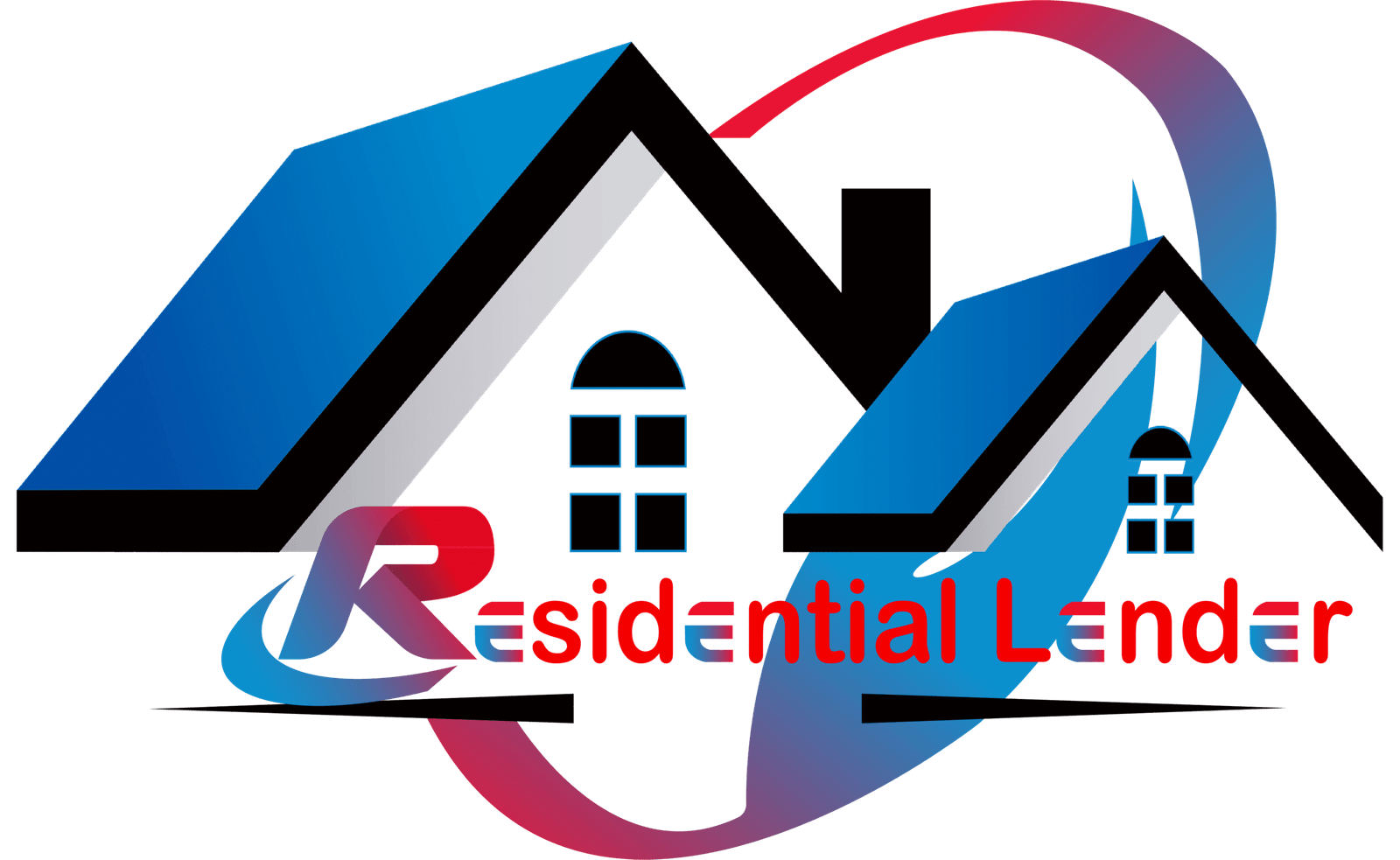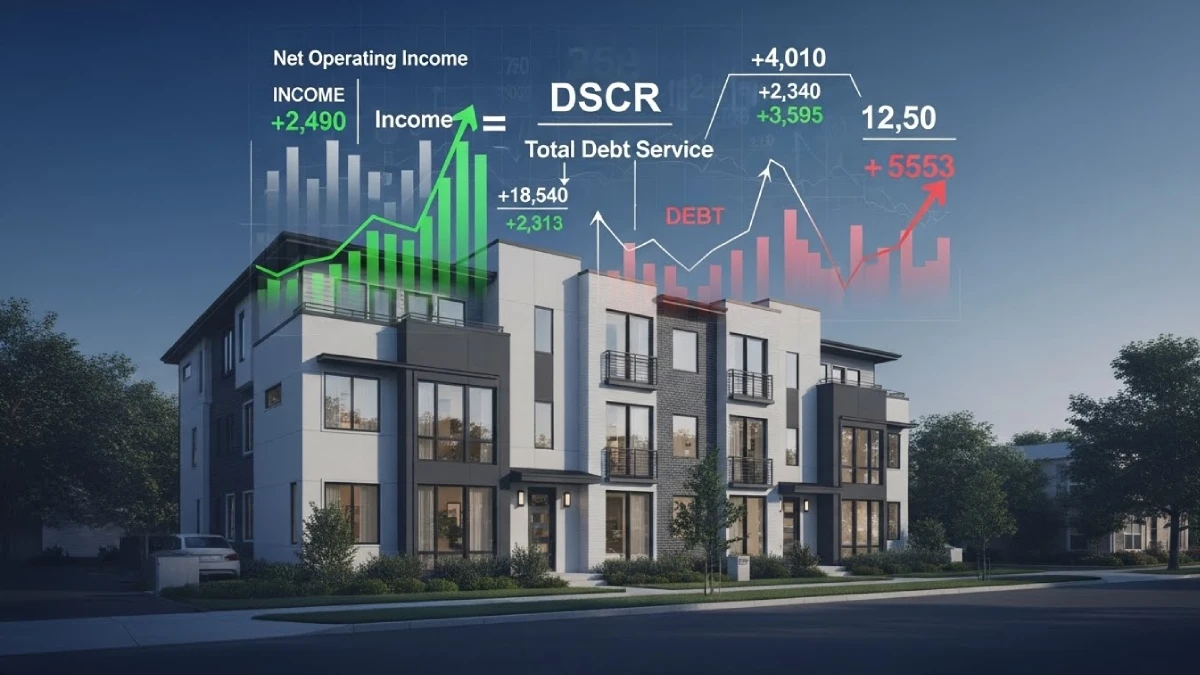Have you ever noticed that, over the long term, real estate has consistently performed better than the stock market? Interesting facts show why real estate investment is still a popular way to make money as a business.
What is Real Estate Investment?
As an investor in real estate, you buy property to make money or see its value rise. This includes a wide range of traits, such as
Residential
- Single-family homes
- Multi-family units (apartments, duplexes, townhouses)
- Vacation rentals
Commercial
- Office buildings
- Retail stores
- Shopping malls
- Industrial warehouses
Land
- Undeveloped land (for future development)
- Farmland
Why Invest in Real Estate?
Real estate is a great way to spend for several reasons, including:
Tangible object: Real estate, not stocks or bonds, is a tangible object that has value on its own. You own the land, making you feel safe and in charge.
Real estate offers the potential for substantial returns. With avenues such as tax breaks, rental income, and property value growth, the possibilities for financial gain are vast, instilling optimism in investors.
Real Estate, particularly rental properties, can provide a steady stream of passive income. This means you can earn money with minimal effort, allowing you to relax and enjoy the benefits of your investment.
Protect Against Inflation: As prices rise due to inflation, real estate is a good way to protect your money from losing value.
Due Diligence: The Key to Success
Real estate has many perks, but to be successful, you need to do a lot of research. It is essential to choose a home carefully. Things to think about are:
Location: Consider the property’s location, including its proximity to services, transportation, and job areas.
Property Condition: Assess the property’s age, structural soundness, and whether it needs repairs or renovations.
Market Demand: Examine the local real estate market and consider factors such as rental demand, vacancy rates, and the chance that properties will increase in value.
Financial Analysis: Do a complete economic analysis that includes expected operating costs, rental income, and return on investment.
By carefully studying and analyzing potential investment properties, real estate investors can significantly improve their chances of success and build an extensive portfolio.
Aligning Your Investment Strategy with Your Goals
It’s essential to be clear about your investment goals before entering the exciting world of real estate investing. These goals will serve as your compass, helping you make decisions and ensure that your investments align with your financial goals.
Defining Your Goals
Your investment plan will be based on your clearly defined goals. Without them, you might chase chances without a clear goal, which could cause you to make bad choices. Knowing what drives you and what you want to happen will help you make decisions that will increase your chances of success.
Common Real Estate Investment Goals
Make Rental Income: This is a common goal, which means getting steady cash flow from rental homes.
Achieve Capital Appreciation: This means raising the property’s value over time by changing and increasing the market.
To build a long-term portfolio, you need to buy various homes, which will provide a steady, growing source of income.
How Goals Influence Property Selection
Rental Income
Focus: Properties with more than one unit, like flats and duplexes, can generate more rental income.
Consider places in high demand, with strong rental markets and stable tenant populations.
Capital Appreciation
Focus: Fixer-uppers can gain much value after being fixed up.
Think about neighborhoods that are on the rise and have a lot of room for growth and change.
Long-Term Portfolio
Focus: Having various types of properties (such as properties and businesses) in other places can help lower risk.
Think about buying properties that will bring in steady cash flow and could increase in value over time.
By carefully considering your investment goals and choosing properties that will help you achieve them, you can improve your chances of reaching your financial goals and constructing a successful real estate investment business.
Researching Market Trends and Location
Conducting extensive market studies is key to investing in real estate. Knowing how your target market works allows you to make wise choices, spot good opportunities, and lower possible risks.
Key Factors to Consider
Conditions of the local economy: A strong regional economy with strong job growth and low jobless rates usually means that people want to buy homes, and the prices of those homes go up.
Job Growth: Places where businesses are growing and the number of workers is also growing often have more people looking for rental homes and homes to buy.
Population Trends: Examine migration trends, population growth rates, and demographics to identify places where certain housing types are in high demand.
Rental Vacancy Rates: Low vacancy rates indicate a strong desire for rentals, which can lead to higher rental income and property values.
Identifying Up-and-Coming Neighborhoods
Look for signs of revitalization, such as new businesses, better facilities, and more construction.
Think about how close the services are. People often want to live near schools, parks, shopping malls, and public transportation.
Check out the state of life: A neighborhood’s popularity is affected by low crime rates, good schools, and easy access to fun things to do.
Impact of Interest Rates
Interest rates are significant in the real estate market. Lower interest rates usually make it easier for people to borrow money, which increases the demand for buying and repaying. On the other hand, borrowing cash costs more when interest rates increase, which could slow down market activity.
By studying market trends and location factors in detail, you can make wise investment choices to help you reach your goals and increase your chances of success in the fast-paced real estate market.
Choosing the Right Property Type
Picking the correct property type is essential when buying or selling real estate. Each choice has pros and cons, and the best one for you will depend on your business goals, willingness to take risks, and available funds.
Residential Real Estate Investment
Single-Family Homes
Pros
- It’s easy for first-time buyers to get started.
- Potential for great appreciation, especially in neighborhoods people want to live in.
- Ability to be flexible when finding tenants and managing properties.
Cons
- It brings in less rent than multi-family homes.
- There may be more empty apartments because fewer people are looking to rent.
- More responsibility for repairs and upkeep.
Multi-Family Properties
Pros
- Possible rental income.
- Property management and care that save money as you do more of it.
- There may be more ways to diversify within a single purchase.
Cons
- The original investment and ongoing costs are higher.
- Tenant management and property upkeep have become more difficult.
- More flats will likely be empty.
Factors to Consider
Location: You need to be in a desirable area with a high rental demand and a high chance of appreciating.
Condition of the Property: Thorough inspections are essential to determining the cost of repairs and assessing the property’s general condition.
Rental Potential: Look at similar rental homes in the area to determine how much rent you could make and how competitive the market is.
Upkeep Costs: These affect the ongoing costs of upkeep, like repairs, landscaping, and improvements to the property.
Commercial Real Estate Investment
Pros
- The rent could go up, and the lease terms could be longer.
- More significant opportunity for diversification across different types of property.
- Chance to gain from having tenants for a long time.
Cons
- The original investment and ongoing costs are higher.
- It relies more on how healthy tenants do their jobs and what the market wants.
- It is possible to extend the time between tenants.
Factors to Consider
Mix of renters: Check the renters’ creditworthiness and stability.
Lease Terms: Read through lease papers to learn about rent prices, “escalation clauses,” and what tenants are responsible for.
Operating Costs: These include things like property taxes, insurance, gas, and repairs.
Land Investment
Pros
- Possible long-term value growth of a large amount.
- Flexibility in making plans for future growth.
- Less expensive to maintain than developed sites.
Cons
- Not much cash flow right now.
- Holding on to an investment for a long time is possible before getting a return.
- Exposure to zoning rules and development restrictions.
Remember to do extensive research and due diligence before investing in real estate. Talk to experienced professionals, such as real estate agents, property managers, and financial advisors, to help you plan your investing strategy.
Evaluating the Financial Viability of a Property
Before investing in real estate, conducting a complete financial study is essential. This process helps you determine whether the property is profitable and what risks are involved.
Key Financial Metrics
Property Value: Accurate property values are fundamental. Comparable sales analysis, income capitalization, and a cost approach are three ways to do this.
Rental Income Potential: You can determine your rental income potential by comparing market rents for similar homes and considering the home’s size, features, and location.
Operating Expenses Include all ongoing costs, such as property taxes, insurance, energy, repairs, property management fees, and rent lost due to vacancies.
Capitalization Rate (Cap Rate): This number shows how much the property made in net operating income (NOI) each year as a share of its buying price. A higher cap rate usually means a higher possible return.
Cash Flow: Add up the property’s income and costs to calculate its expected net cash flow. For an investment to be successful, it must have a positive cash flow.
Factors to Consider
Vacancy Rates: Consider when the property might not be rented out, which could affect the renting income.
Maintenance Costs: Plan your budget for regular upkeep, repairs, and possible significant changes.
Property Taxes: Research property tax rates and consider how much they might increase over time.
The Role of Professionals
Real estate agents provide buyers and sellers with helpful information about the market, help people find homes, and arrange purchase agreements.
Property managers are in charge of day-to-day tasks such as finding suitable tenants, collecting rent, fixing broken things, and keeping the property in good shape.
If you carefully examine these economic factors and seek professional help, you can make smart business choices and improve your chances of reaching your financial goals.
Conclusion
Investing in real estate can make you a lot of money, but only if you plan and stick to it. You must have clear business goals, study the market in-depth, and carefully examine potential sites.
You need to be able to study, choose the right type of property, and complete a complete financial analysis. Researching location, market trends, and the property’s ability to earn money, along with ensuring your business plan fits your goals, can help you succeed in the real estate market.
People who work in real estate, like agents, property managers, and financial experts, can help you with your investing.
Join our blog and come back for new posts if you want to learn more about how to invest in real estate.
FAQs
How much money do I need to start investing in real estate?
The amount of money needed varies depending on the type of property (single-family home, multi-family, commercial), the investment strategy (rental income, flipping), and the type of financing (cash, mortgage).
What are the tax advantages of real estate investment?
Mortgage interest, property taxes, and depreciation can all be deducted from your taxes, which is a tax benefit.
What are the risks associated with real estate investment?
Risks include losing money, property values going down, unexpected upkeep costs, problems with tenants, and changes in the market.
Should I hire a property manager?
Hiring a property manager can help you free up time and earn more money, but it costs money.
How can I improve my credit score to qualify for a mortgage?
To raise your credit score, you can pay your bills on time, lower your credit card amounts, and dispute any false information on your credit report.








